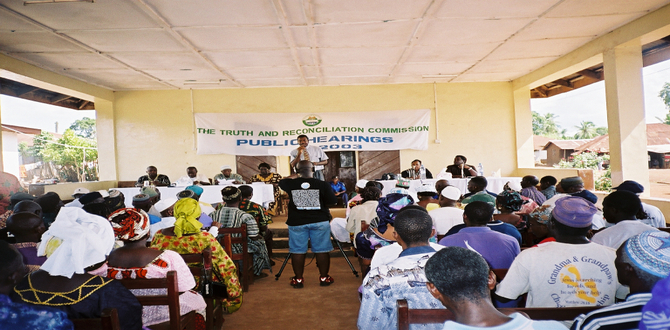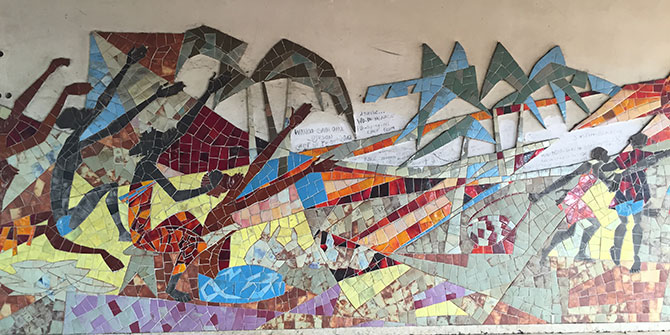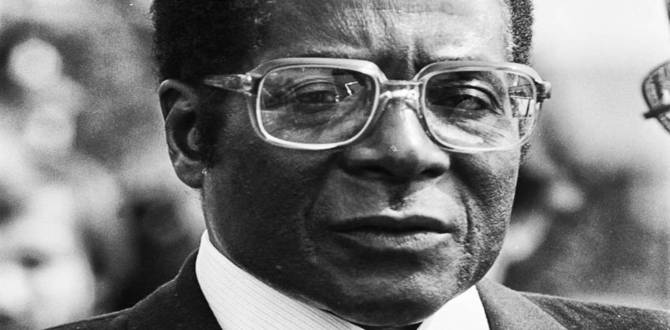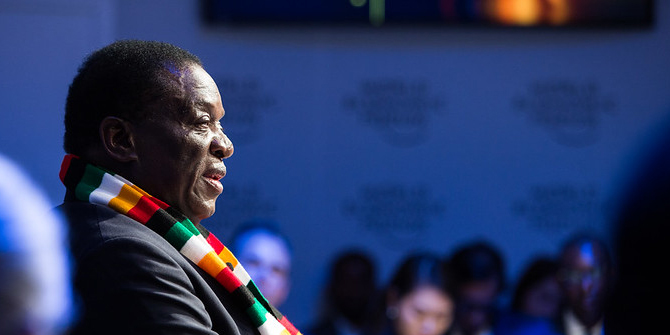Wayne Chavulimu Kalika says this book fills the literature gap in untangling the escalating militarisation and the continuous violation of human rights not only in Eritrea but also in the entire African continent.
The African Garrison State: Human Rights and Political Development in Eritrea is a Grand East African Series book written by Kjetil Tronvoll and Daniel R. Mekonnen, Both writers have engaged in dynamic research and advocacy work for human rights in Eritrea. This is a revised and updated edition of the book which was first published in 2014.
The current situation of Eritrea’s political organization, socio-economic development and human rights violations has been a key interest among academics, journalists and the international  community stakeholders. The central thesis of this book is an account of the buried hopes of Eritrea’s liberation to one of the most repressive and militarized regimes in the world. Under the totalitarian government of President Isaias Afwerki, the country has transformed to a militarized ‘garrison state’, in which there are diminished civilian rights, restricted freedom and militarization of public institutions. Eritrea has closely been compared to North Korea and Somalia. These countries are militarized and achieve relatively low human rights and development index rankings according to global research institutions such as the United Nations Development Programme, Transparency International, and the Freedom House. Eritrea has been harshly condemned by international personalities such as Bill Gates and President Obama who referred to Eritrea alongside North Korea, as countries where international cooperation and development is difficult to pursue.
community stakeholders. The central thesis of this book is an account of the buried hopes of Eritrea’s liberation to one of the most repressive and militarized regimes in the world. Under the totalitarian government of President Isaias Afwerki, the country has transformed to a militarized ‘garrison state’, in which there are diminished civilian rights, restricted freedom and militarization of public institutions. Eritrea has closely been compared to North Korea and Somalia. These countries are militarized and achieve relatively low human rights and development index rankings according to global research institutions such as the United Nations Development Programme, Transparency International, and the Freedom House. Eritrea has been harshly condemned by international personalities such as Bill Gates and President Obama who referred to Eritrea alongside North Korea, as countries where international cooperation and development is difficult to pursue.
Evidently, democracy was curtailed to allow for a Marxist-Leninist struggle for liberation, even long after a cease fire peace agreement with Ethiopia in 2000. In 2011, the President reiterated that Eritrea is in a state of emergency because of the war with Ethiopia and therefore, militarization is in order to defend the country from hostility (p.173). The current Eritrean government does not tolerate political pluralism and consequently assembly of seven or more individuals without permission is prohibited. The minority ethnic and religious groups are marginalized and persecuted in order to strip their identity. Furthermore, Eritreans are forced to register as Peoples’ Front for Democracy and Justice (PFDJ) members, the only political party which some have parodied as “Please Forget Democracy and Justice” (p.12). Political activists like the Group of 15 (G-15) members were exiled while some are under incommunicado detention alongside journalists, civil society leaders and university students. Since the shallow elections of 1997, there has been no other elections because the President views elections as a process that will ‘polarize society’ (p.69) and therefore elections have been postponed for 3-4 decades.
All through, the book depicts the poor state of human rights and the retrogressive political tactics used by the oppressive regime against Eritrean citizens and even foreigners. Critical institutions in the country have been subverted to serve the ill interests of the government which consequentially jeopardizes the rule of law. Eritrea is known for injustices because the judiciary lacks basic resources, skilled personnel and independence from the presidency influence. On the other hand, the country has a defunct legislative assembly and non-operational defense attorneys who can uphold the rule of law. Following the 2001 crackdown on people who were seen as traitors, the government shutdown the Asmara University, the only university in the country at that time. More detention centers were opened up all over the country to torture the ‘rebellious’ students who refused to join the military and any citizen who comes the way of the government. The prisons are portrayed as the Eritrean ‘Gulag Archipelago’ because of their poor state and human rights violations including torture and extrajudicial killings.

The book employs a socio-legal inquiry methodology that is based on self-informed analysis and empirical research that provides a backup of the thematic areas of the book. The key strength of the book is the systematic chapter arrangement that demonstrates the militarization of the Eritrean society and her institutions that qualifies Eritrea as an African ‘garrison state’. Despite being an updated version, the book fails to clearly capture the optimistic political developments such as the renewed internal people’s resistance and the increased international human rights criticisms against the oppressive system of government. The book meagerly highlights these developments in the postscript to demonstrate an anticipated change towards the ‘Eritrean Second Republic’.
I highly recommend this book because it fills the literature gap in untangling the escalating militarization and the continuous violation of human rights not only in Eritrea but also in the entire African continent. The book provides a stepping stone for further research on the socio-economic well-being of Eritreans among other subjects of interest such as peace and conflict studies and human security studies.
Wayne Chavulimu Kalika (@w_kalika) is a masters student in International Relations at the United States International University (USIU-Africa).
The views expressed in this post are those of the author and in no way reflect those of Africa at LSE blog, the Firoz Lalji Centre for Africa or the London School of Economics and Political Science.





